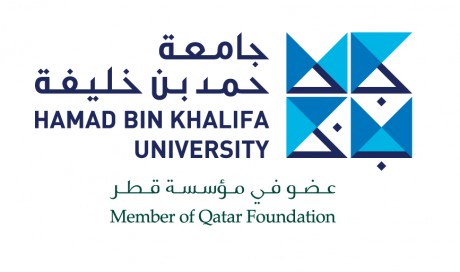"Obtaining supplies from outside the region has increased the costs of products and has led to delays," the report said, noting the "opening of new hospitals was delayed because shipment of construction materials was blocked".
In January, Qatar's foreign ministry spokesperson Lulwa al-Khater accused the Saudi-led blockade on Doha of being a form of "economic warfare".
This accusation was supported by the new report which said: "Qatari nationals working in Saudi Arabia, the United Arab Emirates, and Bahrain, as well as Qataris with business interests in those countries were denied access to their companies and other sources of activity and income."
"Financial transactions between Qatar and the other States were suspended, and that this prevented people from receiving salaries, pensions, and rents, paying bills, and supporting relatives."
Legality
But beyond the many affects of the sanctions, the report questioned the legality of the coercive measures, which it said were not authorised by "a competent international organ" as is expected under international law.
"The only international organ explicitly authorised to impose sanctions by the Charter of the United Nations is the Security Council," the report said.
"In the present case it is clear that the Quartet has not been authorised by the Security Council, the General Assembly or even the Gulf Co-operation Council to take action against Qatar," it said, reaffirming that "Qatar has committed no internationally wrongful act".
Infringements on rights such as freedom of movement, freedom of the press, family rights, the right to education and to health, and the right not to be arbitrarily deprived of one's property must not be based upon discriminatory grounds, such as nationality, which has been the case in Qatar.
But the majority of the measures were broad and non-targeted, making no distinction between the government of Qatar and its population.
Therefore, the imposed sanctions are "impermissible", the report said.
"It is often, perhaps even generally, the case that sanctions are in fact directed at the people of a country rather than at the state or the government as such,"it said.
"Measures adopted by members of the Quartet directed at the expulsion of persons on the grounds that they have Qatari nationality are plainly discriminatory and thereby violate the International Convention on the Elimination of All Forms of Discrimination," it added.
"The measures taken by the Quartet have been widely condemned as being unlawful, unjustified and disproportionate."
Despite the serious violations against human rights and the innumerable infringements of law, Qatar has managed to utilise its wealth and human potential to withstand the sanctions and absorb the shock.
Share This Post












